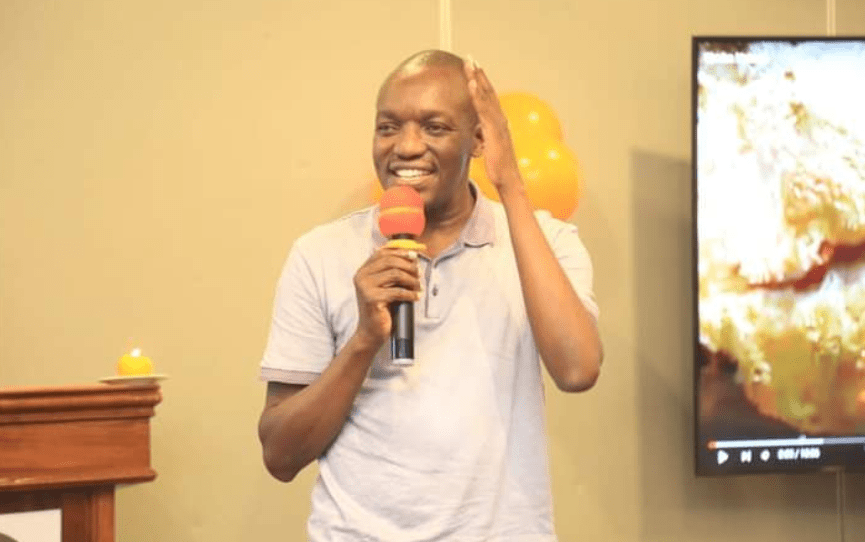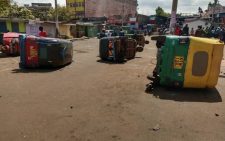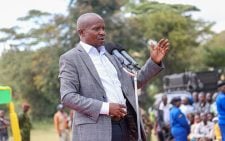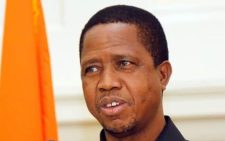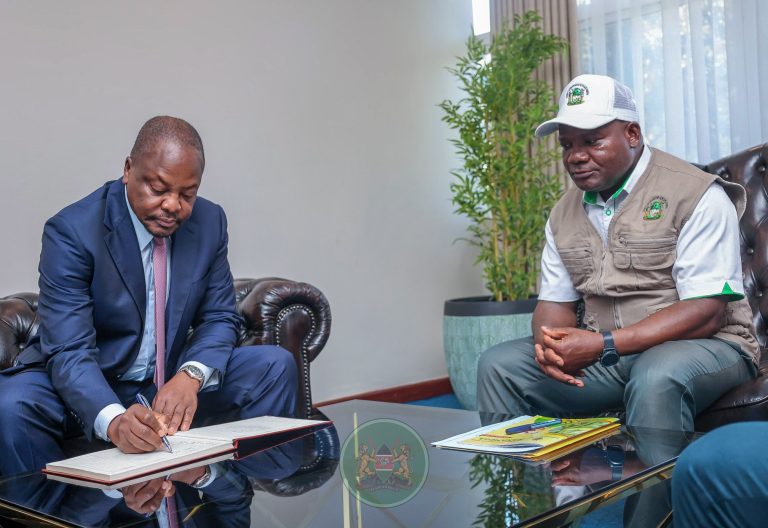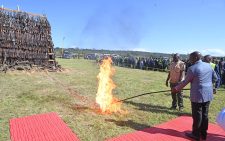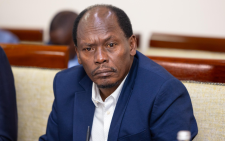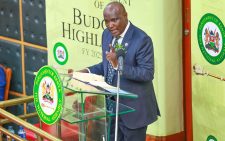President, Raila lawyers lay out the case for BBI
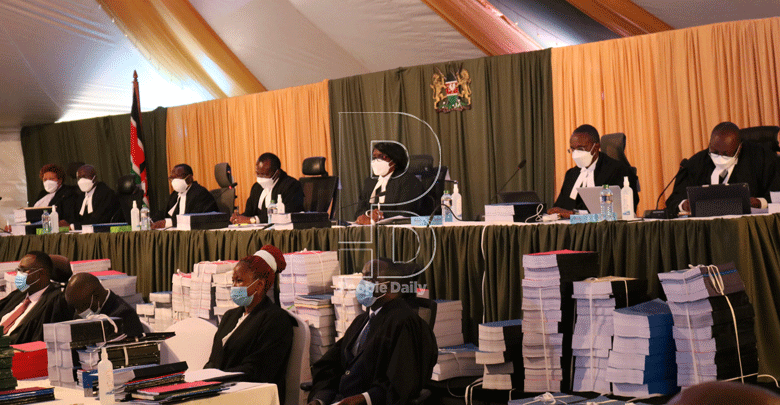
Bernice Mbugua @BerniceMuhindi
Lawyers representing the State and Opposition leader Raila Odinga yesterday put up a spirited fight at the Court of Appeal, defending the Building Bridges Initiative (BBI) process which was nullified last month by a five-judge Bench of the High Court.
Their arguments revolved around three main themes, mainly a demonstration that the BBI process was constitutional, that the argument that certain articles of the Constitution cannot be amended was faulty and that, contrary to the High Court’s judges ruling, the Presidency can spearhead changes to the Supreme law through a popular initiative.
The lawyers were particularly keen to demonstrate that the Basic Structure Doctrine — the argument that certain articles of the Constitution were protected from amendments — which was the pillar of the petitioners in the High Court, was not applicable in Kenya.
Solicitor General Kennedy Ogeto asked the seven judges of the Court of Appeal to overturn the High Court decision, stating that the judges had elevated their personal opinions and preferences over the Constitution and the will of the people.
Ogeto is one of the lawyers representing the Attorney General, the Principal State Legal advisor, in the matter. Others are Senior Counsel George Oraro, Paul Nyamodi and Kamau Karori.
The AG has filed 31 grounds of appeal in the matter.
Court of Appeal President Daniel Musinga is presiding over the Bench which consists of Justices Roselyne Nambuye, Hannah Okwengu, Patrick Kiage, Gatembu Kairu, Fatuma Sichale and Francis Tuiyot, who was recently promoted from the High Court.
On May 13, a five-judge Bench of the High Court declared BBI illegal and also ruled that the Independent Electoral and Boundaries Commission (IEBC) was improperly constituted and that the President can be sued while in office.
But yesterday Ogeto argued that their appeal was simply a call for restoration of the people’s sovereign will.
“I wish to state from the outset that our appeal is nothing more than a plea for fidelity to our Constitution.
Through our appeal, we invite this honourable court to affirm the Constitution as enacted by the people…
We also invite this court to affirm that it is not for the courts to rewrite our constitution,” he told the judges.
He argued that the five judges disregarded decisions made by their colleagues in the High Court, the Court of Appeal and Supreme Court and disenfranchised millions of Kenyan voters by ignoring their popular initiative.
“The judges did this through personalised attacks against His Excellency the President that climaxed in factually and legally unfounded conclusions.
An example of this being the unprecedented finding that a president can be sued in a personal capacity for official acts,” he said.
Basic Structure doctrine
Ogeto observed that there was no basis for the claim that popular initiatives were anti-government, saying the claim resulted partly from the judges “reliance on Wikipedia”.
“Wikipedia cannot, surely, be a reliable authority for anything serious. For one, it describes itself as ‘the free encyclopedia that anyone can edit’.
A source so open to manipulation cannot be reliable as a legal document,” he said.
Lawyers James Orengo and Paul Mwangi for Raila and the BBI Secretariat also told the judges that the Basic Structure Doctrine did not exist in the Constitution and that the High court judges were being ideological.
Orengo argued that every article in the Constitution was amendable so long as it’ wa within the law and procedures.
“If the court thought about context and what the constitution-making process was all about… it would provide a lasting peace and a form of governance which would create a truly democratic and just society that abided by the rule of law,” he told the court.
Senior Counsel George Oraro, for the AG, tore into the Basic Structure doctrine which the five judges had declared was applicable to the Constitution of Kenya.
The Basic Structure doctrine means that some parts of the Constitution deemed as forming the basic structure, otherwise described as “eternity clauses” are not easily amendable.
Oraro, however, argued that the Constitution has no place for the application of the Basic Structure doctrine.
“The doctrine of Basic Structure was not intended to apply to our constitution and thus the judges erred in law and fact in declaring it applies to our constitution,” he said.
Oraro also argued that public participation was done through collection of one million signatures contrary to the High Court ruling. He maintained that the Kenyan Constitution has provided the manner in which the public must be involved prior to a referendum.
The lawyer argued that the popular initiative was a push by Parliament and the people contrary to what the High Court ruling.
In their judgment declaring the BBI “unconstitutional, null and void,” the High Court judges said that the President cannot spearhead constitutional amendments through a popular initiative, saying that route was reserved for ordinary citizens.
“Judiciary has its obligation to make sure the processes are conducted in accordance with the Constitution, it must concede to the popular sovereignty,” he said.
Lawyer Kamau Karori said that the High Court erred in law by declaring that popular initiative was only meant for those who can’t access the parliamentary initiative.
He said any person has a right to petition Parliament which means Wanjiku has access to the parliamentary route.
“Presumption that the common man does not have access to the parliamentary route is wrong… no exclusive initiative that does not include Parliament,” he said.
The lawyer noted that a popular initiative becomes popular when it gets one million signatures as the BBI did.
“If a popular initiative is not passed by county assemblies and Parliament it dies. The Constitution tells us which amendments require a referendum, and those that do not require a referendum,” Karori told the court.
He further faulted the High Court’s decision to declare BBI null and void on grounds of its promoters, arguing that the judges tried to find the President liable, likening his actions to be seen as the key promoter of the initiative.
“The court tried through every means to find the hand of the President in the process of signature collection and by doing so it took away the power of the people to decide for themselves,” he stated
According to him the final determinant of what is good for the people is the people themselves and the five judges deprived them that right by declaring the BBI process illegal.
Karori also noted that the Constitution does not give IEBC the mandate to create or reduce constituencies, arguing that it was the mandate of the people.
“IEBC can only add the number of wards and not constituencies,” he said.
According to him, IEBC is required to carry out delimitation of boundaries when the number exceeds the margin of deviation.
The hearing continues today.

